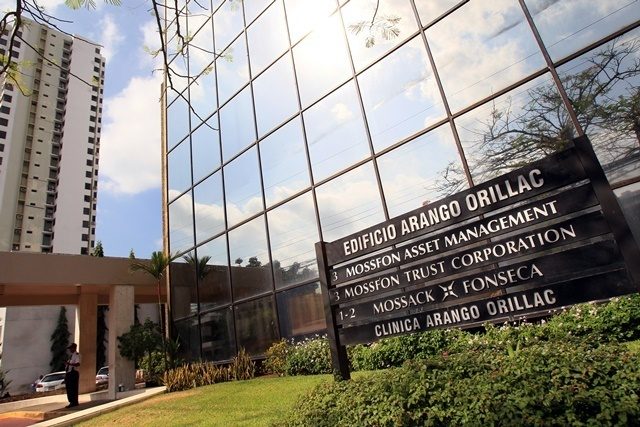SUMMARY
This is AI generated summarization, which may have errors. For context, always refer to the full article.

MANILA, Philippines — The whistleblower behind the leak of documents known as the Panama Papers on Friday, May 6, released a manifesto announcing his willingness to help law enforcers in prosecuting money launderers and tax evaders, but only if he is free from punishment.
The source, who goes by the pseudonym John Doe, said in his manifesto The Revolution Will Be Digitalized that thousands of prosecutions could stem from the Panama Papers if only law enforcers could access and evaluate the actual documents.
The International Consortium of Investigative Journalists (ICIJ) and its partner publications, however, declined to provide the archive of 11.5 million documents to law enforcement officials.
The anonymous whistleblower said he is willing to cooperate with law enforcement officials to the extent that he is able. (READ: Panama Papers: What’s been revealed so far)
“I have watched as one after another, whistleblowers and activists in the United States and Europe have had their lives destroyed by the circumstances they find themselves in after shining a light on obvious wrongdoing,” John Doe said.
“Legitimate whistleblowers who expose unquestionable wrongdoing, whether insiders or outsiders, deserve immunity from government retribution, full stop,” he added.
“Until governments codify legal protections for whistleblowers into law, enforcement agencies will simply have to depend on their own resources or on-going global media coverage for documents,” the whistleblower said. (READ: Panama Papers: Lessons from a leak)
Income inequality, capitalism, and ‘America’s revolving door’
The manifesto of John Doe gave some hints on his political views, such as income inequality and the “revolving door” of US government officials who have jobs at financial institutions they once regulated.
He said income inequality is among the reasons why he leaked the documents, saying that it is one of the defining issues of the time. (READ: Filipinos confuse Panama Papers with 2013 exposé)
“The debate over its sudden acceleration has raged for years, with politicians, academics and activists alike helpless to stop its steady growth despite countless speeches, statistical analyses, a few meagre protests, and the occasional documentary,” the anonymous source said.
According to the whistleblower, “the familiar swish of America’s revolving door” is one of the issues that need to be fixing.
He was referring to the US government officials who take jobs in financial institutions they once regulated.
“Banks, financial regulators and tax authorities have failed,” the manifesto read. “Decisions have been made that have spared the wealthy, while focusing instead on reining in middle- and low-income citizens.”
Doe said the collective impact of these issues “has been a complete erosion of ethical standards, ultimately leading to a novel system we still call capitalism, but which is tantamount to economic slavery.”
“In this system—our system—the slaves are unaware both of their status and of their masters, who exist in a world apart where the intangible shackles are carefully hidden amongst reams of unreachable legalese,” the whistleblower added.
On May 9, ICIJ is expected to release a searchable database on more than 200,000 secret companies, trusts, and foundations based in 21 tax havens “from Hong Kong to Nevada in the United States.”
ICIJ in April began a limited release through roughly 100 media outlets, spurring numerous investigations and the resignation of Iceland’s prime minister and a Spanish minister.
About 11.5 million leaked documents of the Panamanian law firm Mossack Fonseca, reveal the large-scale use of offshore entities to conceal assets from tax authorities. – Rappler.com
Add a comment
How does this make you feel?
There are no comments yet. Add your comment to start the conversation.